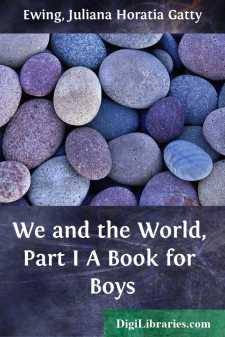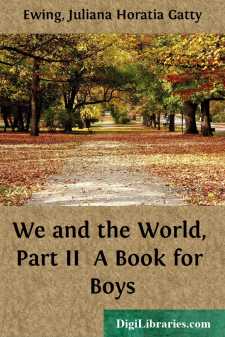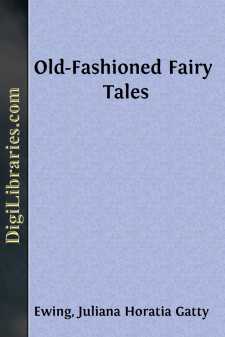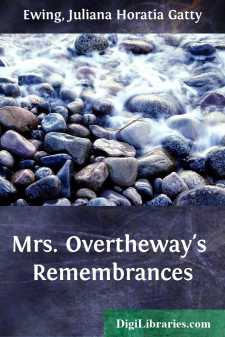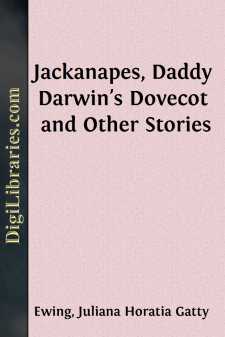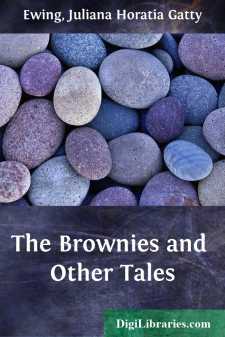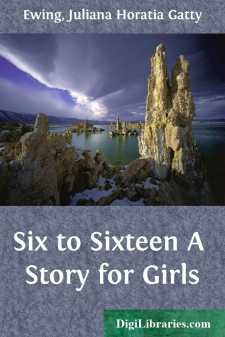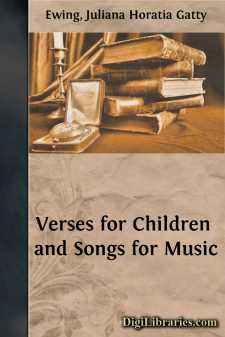Categories
- Antiques & Collectibles 13
- Architecture 36
- Art 48
- Bibles 22
- Biography & Autobiography 816
- Body, Mind & Spirit 145
- Business & Economics 28
- Children's Books 17
- Children's Fiction 14
- Computers 4
- Cooking 94
- Crafts & Hobbies 4
- Drama 346
- Education 58
- Family & Relationships 59
- Fiction 11834
- Foreign Language Study 3
- Games 19
- Gardening 17
- Health & Fitness 34
- History 1378
- House & Home 1
- Humor 147
- Juvenile Fiction 1873
- Juvenile Nonfiction 202
- Language Arts & Disciplines 89
- Law 16
- Literary Collections 686
- Literary Criticism 179
- Mathematics 13
- Medical 41
- Music 40
- Nature 179
- Non-Classifiable 1768
- Performing Arts 7
- Periodicals 1453
- Philosophy 66
- Photography 2
- Poetry 897
- Political Science 203
- Psychology 45
- Reference 154
- Religion 516
- Science 126
- Self-Help 85
- Social Science 82
- Sports & Recreation 34
- Study Aids 3
- Technology & Engineering 59
- Transportation 23
- Travel 463
- True Crime 29
Our website is made possible by displaying online advertisements to our visitors.
Please consider supporting us by disabling your ad blocker.
We and the World, Part I A Book for Boys
Categories:
Description:
Excerpt
WE AND THE WORLD.
CHAPTER I.
“All these common features of English landscape evince a calm and settled security, and hereditary transmission of home-bred virtues and local attachments, that speak deeply and touchingly for the moral character of the nation.”—Washington Irving’s Sketch Book.
It was a great saying of my poor mother’s, especially if my father had been out of spirits about the crops, or the rise in wages, or our prospects, and had thought better of it again, and showed her the bright side of things, “Well, my dear, I’m sure we’ve much to be thankful for.”
Which they had, and especially, I often think, for the fact that I was not the eldest son. I gave them more trouble than I can think of with a comfortable conscience as it was; but they had Jem to tread in my father’s shoes, and he was a good son to them—God bless him for it!
I can remember hearing my father say—“It’s bad enough to have Jack with his nose in a book, and his head in the clouds, on a fine June day, with the hay all out, and the glass falling: but if Jem had been a lad of whims and fancies, I think it would have broken my poor old heart.”
I often wonder what made me bother my head with books, and where the perverse spirit came from that possessed me, and tore me, and drove me forth into the world. It did not come from my parents. My mother’s family were far from being literary or even enterprising, and my father’s people were a race of small yeomen squires, whose talk was of dogs and horses and cattle, and the price of hay. We were north-of-England people, but not of a commercial or adventurous class, though we were within easy reach of some of the great manufacturing centres. Quiet country folk we were; old-fashioned, and boastful of our old-fashionedness, albeit it meant little more than that our manners and customs were a generation behindhand of the more cultivated folk, who live nearer to London. We were proud of our name too, which is written in the earliest registers and records of the parish, honourably connected with the land we lived on; but which may be searched for in vain in the lists of great or even learned Englishmen.
It never troubled dear old Jem that there had not been a man of mark among all the men who had handed on our name from generation to generation. He had no feverish ambitions, and as to books, I doubt if he ever opened a volume, if he could avoid it, after he wore out three horn-books and our mother’s patience in learning his letters—not even the mottle-backed prayer-books which were handed round for family prayers, and out of which we said the psalms for the day, verse about with my father. I generally found the place, and Jem put his arm over my shoulder and read with me.
He was a yeoman born. I can just remember—when I was not three years old and he was barely four—the fright our mother got from his fearless familiarity with the beasts about the homestead. He and I were playing on the grass-plat before the house when Dolly, an ill-tempered dun cow we knew well by sight and name, got into the garden and drew near us....


